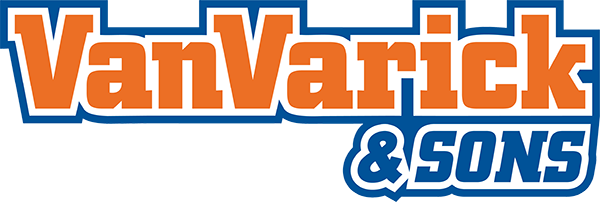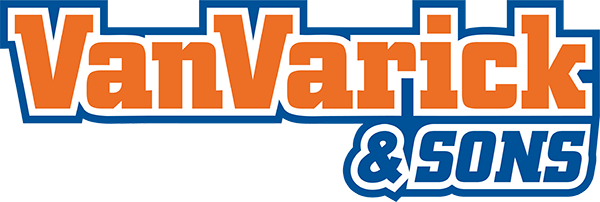Top Signs Your Furnace Is Overheating
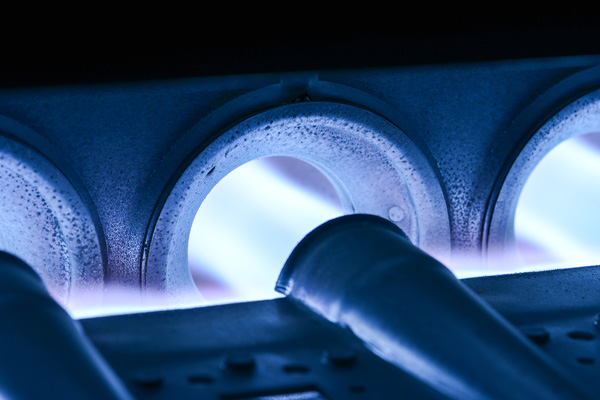
How is your furnace today? If you notice anything unusual, do not ignore it. Odd heating and air conditioner behaviors are clues that something is going wrong under the covers. Some problems can be dangerous, such as an overheating furnace. You must act quickly to prevent further damage. Contact an HVAC contractor to schedule HVAC service right away. This article discusses common causes of overheating furnaces.
Top Signs Your Furnace Is Overheating
Even furnaces have their limits. They must operate within the temperature limit for longevity, efficiency, and performance. If they go beyond the threshold, the risk of carbon monoxide leak and equipment failure increases. Pay attention to the top signs of furnace overheating. Seek help if you notice one or more of the following from your heating system:
1. Burning Furnace Smell

A burning aroma should put you on high alert. Stand up and find the source right away. Most will run to the kitchen to check the stove and other fire hazards. The heating system is also worth a visit. If the aroma is stronger around the furnace, stay and observe the situation. Was the furnace idle for an extended period? The system may be burning the dust and debris that built up over the last few months. The smell should dissipate after half an hour or so. If not, it may be your heating equipment overheating. It can damage sensitive components unless you intervene.
2. Humming Noises & Your Furnace
Heating systems do not operate quietly. You can hear them come on and switch off. After a while, you learn what sounds normal. You expect a steady hum as they generate hot air. However, it would be a surprise if a unit suddenly made loud noises that it never made before. Ignoring the sound may only make it more intense over time. It is a sign of an overworking motor and malfunctioning components.
3. Heating System Shutdown
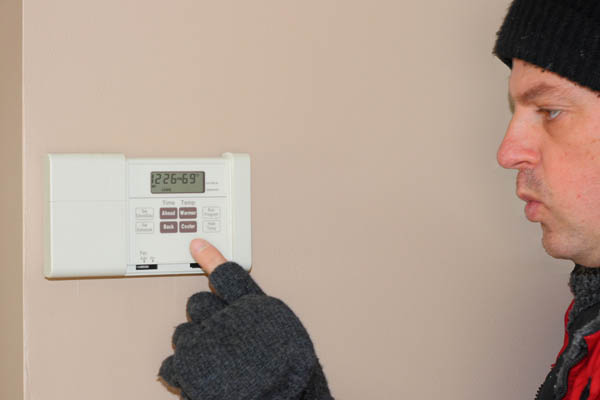
Engineers know the tendencies of these machines. They include safety sensors inside heating systems to trigger automatic responses. For example, sensors that detect abnormal temperatures can make the system shutdown right away. You don’t even have to intervene. The quick action enables the components to cool down. In many cases, the problem goes away after restarting. If you notice persistent overheating, you may have to call a technician for a permanent fix.
Common Causes For An Overheating Furnace
Overheating is not accidental. Designers do everything to prevent this, so any occurrence must have an underlying cause. This problem may have been brewing for a while before the symptoms became bad enough to attract attention. The appropriate solution depends on the situation. Consider the following:
1. Restricted HVAC Airflow
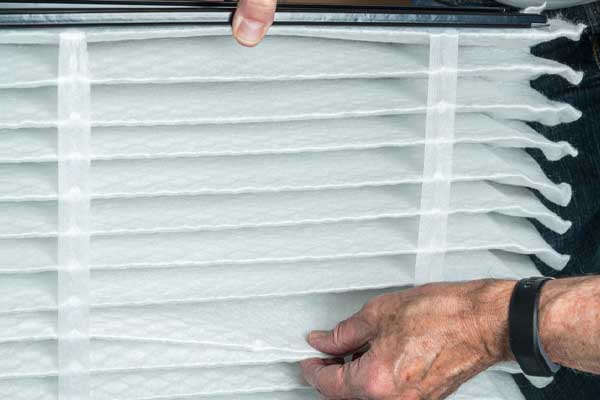
The heated air coming from the furnace cannot flow into the ducts unless it passes through a filter. It serves as a barrier to impurities, helping to increase indoor air quality. If the filter is clogged with dirt, airflow will suffer, and heat will begin to build up within the system. Blockages along the ducts can have the same effect. Overheating occurs when the interior temperature exceeds the HVAC equipment rating.
2. Dirty Heating System Interior
Air coming into the furnace contains microscopic particles. These are small but dangerous. The particles can land on the component surfaces and wreak havoc. A thick layer of dirt can prevent them from cooling down, causing overheated motors in the fan assembly and similar issues. The furnace coils, tasked with heat transfer, can’t do their job effectively if covered in dirt.
3. Furnace Short Cycling
HVAC systems run in cycles. Each cycle takes a few minutes to complete. If you notice your system starting and stopping abruptly, something may be wrong with it. This “short-cycling” phenomenon prevents effective heat transfer and induces stress on the motors. It can happen due to a furnace size mismatch between the home and the unit. If your system is old, it may be due to a thermostat malfunction.
4. Lack of Heating System Maintenance
Moving parts wear out faster than stationary components due to friction. One faulty part can have a domino effect on the rest of the unit, resulting in an overheating furnace. A stressed fan blower may experience a short circuit. In turn, this may lead to poor air circulation and steadily increasing temperature within the unit. Prevent it through regular HVAC maintenance.
5. End of Furnace Service Life
Old heating systems tend to overheat towards the end of their lifespan. If you see this happening often, you may need to start looking for a replacement. Multiple repairs for a recurring issue can be more expensive than a fresh start. Old heating systems also consume more fuel because of their dwindling efficiency. Take your money and purchase a new system.
How an HVAC Contractor Solves Overheating HVAC Systems
Do not try to fix overheating by yourself. It is a complex issue that requires the expertise of an HVAC professional. The knowledge and experience of trained technicians help them get to the bottom of the problem. They can tackle the underlying cause instead of merely treating the symptoms. Many accept emergency calls for immediate relief.
What is the Average Lifespan of a Furnace?
You can expect your furnace to keep going for a decade and a half. Shower it with care and it might exceed your expectations. Neglect it for extended periods and you may see it fail prematurely. Your actions will directly impact its lifespan and performance.
At some point, you might wonder whether to continue working on a failing unit or not. New models have enticing efficiency ratings, after all, but they also come with hefty price tags. If you can’t decide, calculate. Figure out what makes more financial sense with hard numbers. How much do you need to spend on the repairs? How frequently does your furnace break down? How much can you save on fuel if you switch to a new furnace?
The Importance of Annual Furnace Tune-ups
Homeowners can do their part in keeping the furnace in top shape. They can replace the filter when necessary to facilitate smooth airflow. They may also clean the surroundings and remove clutter around the unit. Other maintenance tasks are more advanced, so you might want to leave them to the experts. Schedule an annual furnace tune-up with your local HVAC contractor.
Conclusion
Don’t let overheating persist. It is a serious condition that can lead to grave damage after an extended period. The repairs are expensive, and the emissions are significant. The furnace will try to shut itself down before things get worse, but the problem may recur unless you address the root cause. A burning smell may linger around your home. Loud noises can wake you up in the middle of the night. Ask technicians to look into it for relief.
Call Van Varick & Sons for Your HVAC Needs
Van Varick & Sons offers superior HVAC services in Bergen, Essex, Morris, Passaic, and Sussex counties, New Jersey. You can trust our team of experienced and certified technicians to deliver impressive results in every situation. We specialize in heating and air conditioning repairs, tune-ups, replacements, air quality solutions, and much more.
Van Varick & Sons is proud to offer our customers honest, competitively-priced HVAC service costs. You can count on us to provide you with effective, efficient solutions that fit your budget. Call now to schedule an appointment. We offer free, in-home estimates.
You can click here to contact us now or call us at (973) 694-2777 to find out more! Click the link to view our service area.
